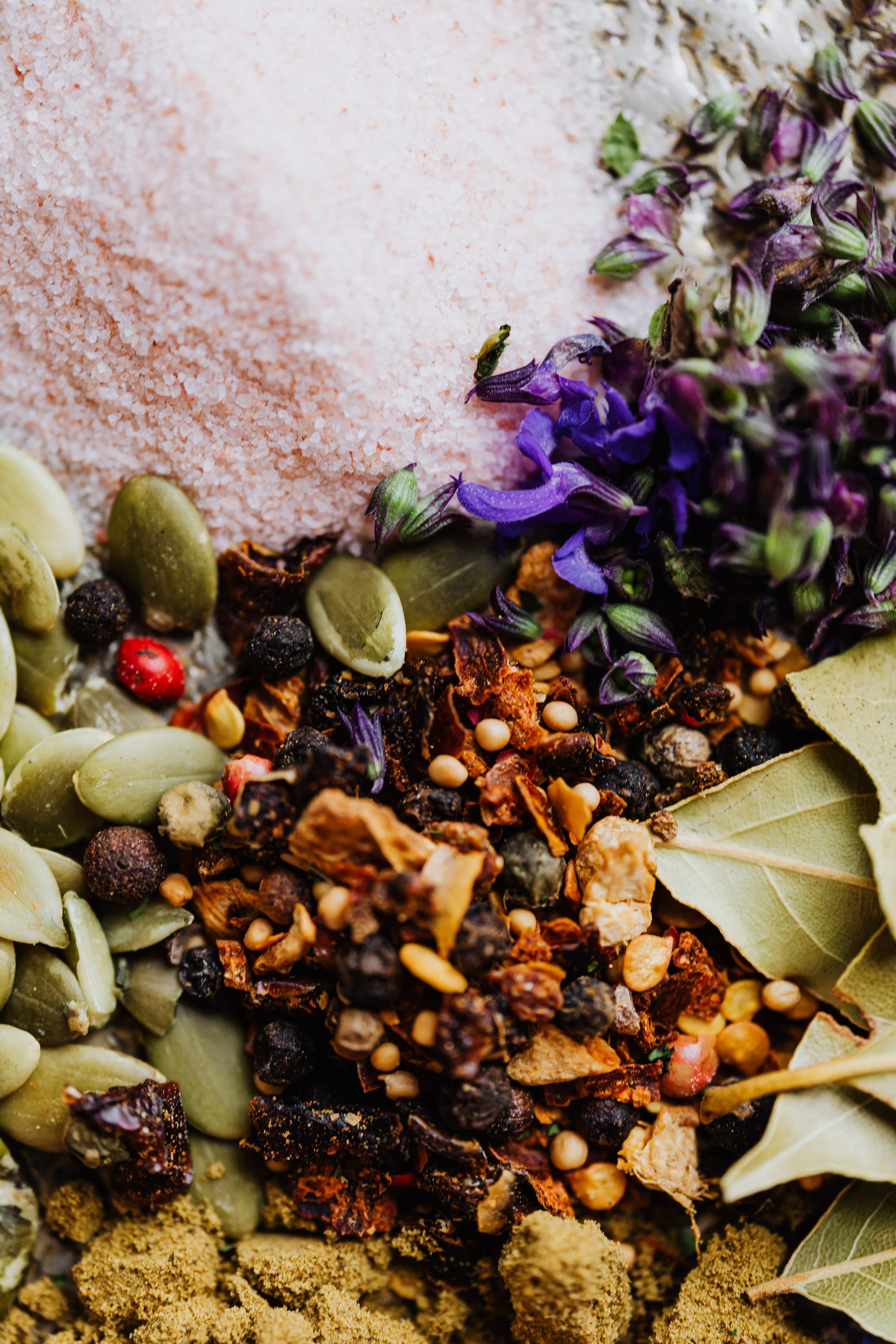ORGANIC PRODUCTS

Organic agriculture represents a sustainable and environmentally conscious approach to farming, offering a myriad of ecological and economic benefits. Over the past decade, the global trend in organic agriculture has exhibited robust growth. Notably, countries like the USA and Canada have seen their organic food markets expand at a remarkable rate of 20%, while Europe has experienced an annual growth rate of 7.8%.
Sri Lanka, with its pioneering introduction of organically certified tea to the world market, has taken significant strides in expanding its range of organic products beyond the traditional. The country now boasts a diverse portfolio of non-traditional organic agricultural products, including spices, essential oils, herbs, herbal preparations, desiccated coconut and other coconut-based products, oil seeds, pulses, cashew, rubber, tropical fruit, and vegetables.
A standout feature of many of these non-traditional organic produce items is that they are primarily cultivated by small-scale farmers in various provinces across Sri Lanka. This presents substantial potential for the continued growth and development of the organic sector.
The organic label on these products serves as a clear indicator to consumers that they have been produced using specific environmentally friendly and sustainable production methods. The International Federation of Organic Agriculture Movements (IFOAM) provides widely adopted guidelines for organic production and processing, ensuring consistency and integrity in the organic supply chain.
Organic agriculture embraces a holistic approach to farming management systems, favoring agronomic, biological, and mechanical methods over the use of synthetic materials for crop production and processing. Producers and manufacturers adhere to established standards and procedures, enabling them to make credible claims in the marketplace. These systems promote market access, comparability, and competition on a level playing field, bolstered by accredited laboratories, inspection and certification bodies, and mechanisms for verifying the authenticity of certifications and reports, fostering trust and confidence among trading partners.
In summary, Sri Lanka's foray into the realm of organic agriculture is not only a testament to its commitment to sustainable farming practices but also a testament to the potential for continued growth and global recognition of its diverse range of organic products. Sri Lankan organics not only embrace environmentally friendly principles but also offer consumers a trustworthy choice in the world of organic goods.